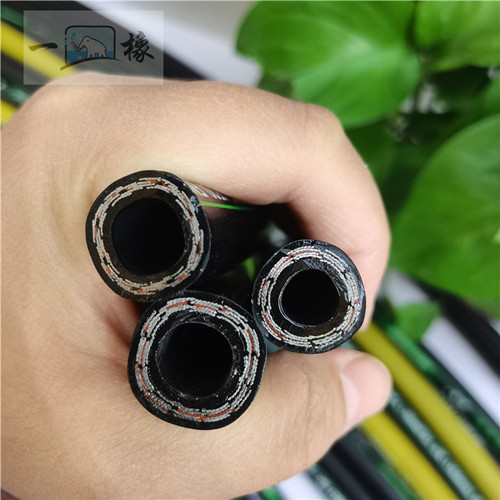335345435
Aug . 09, 2024 21:30 Back to list
A Comprehensive Guide to Various Types of Hydraulic Fittings and Their Applications in Industry
All Types of Hydraulic Fittings An Overview
Hydraulic fittings are essential components within hydraulic systems that connect hoses, pipes, and tubes, ensuring the transfer of fluid with efficiency and reliability. Understanding the different types of hydraulic fittings is vital for selecting the appropriate components for various applications, whether it be in industrial machinery, automotive systems, or construction equipment.
1. Types of Hydraulic Fittings
Hydraulic fittings come in various designs and are classified based on their shape, purpose, and method of connection. Below are some of the most common types
a. Threaded Fittings Threaded fittings, such as NPT (National Pipe Thread) or BSP (British Standard Pipe), are widely used due to their ease of assembly and disassembly. These fittings have internal or external threads that allow for a secure connection. They are commonly employed in low-pressure hydraulic systems.
b. Flared Fittings Flared fittings feature a conical flare at the end of the tubing. This design provides a tight seal when the fitting is tightened, making it ideal for high-pressure applications. Flared fittings come in various sizes and are often used in automotive applications, especially for brake and fuel lines.
c. Compression Fittings These fittings work by compressing a ferrule around the tubing when a nut is tightened, creating a seal. Compression fittings are easy to install and are frequently used in plumbing and low-pressure hydraulic systems. They allow for versatility in connecting different tube sizes and materials.
d. Quick-Connect Fittings Quick-connect fittings, or quick-release couplings, are designed for ease of use, allowing for fast and easy disconnection without the need for tools. They are ideal for applications where hoses are frequently connected and disconnected. These fittings are commonly found in mobile machinery and equipment.
all types of hydraulic fittings

2. Materials Used in Hydraulic Fittings
The material of hydraulic fittings significantly affects their performance and durability. Common materials include
- Steel Known for its strength and durability, steel fittings are often used in high-pressure applications. They can be coated to prevent corrosion. - Stainless Steel This material is resistant to corrosion and is ideal for harsh environments, making it suitable for industries like food processing and pharmaceuticals. - Aluminum Lightweight and resistant to corrosion, aluminum fittings are used in applications where weight is a concern, such as in aircraft and automotive industries. - Plastic Although not suitable for high-pressure applications, plastic fittings are used in low-pressure systems and offer resistance to corrosion and chemical damage.
3. Choosing the Right Fitting
When selecting hydraulic fittings, several factors must be considered
- Pressure Rating Ensure the fitting is rated for the pressure of your hydraulic system to prevent failures. - Compatibility Consider the compatibility of fittings with the hoses, fluids, and other components in the system. - Temperature Range Ensure that the fitting can withstand the temperature ranges present in your application. - Environment Consider the surrounding environment, including exposure to chemicals, moisture, and temperature fluctuations, which can affect material performance.
Conclusion
Hydraulic fittings play a crucial role in the efficiency and safety of hydraulic systems. With various types available, each suited for specific applications, it is essential to understand their characteristics and applications. Selecting the appropriate hydraulic fittings ensures optimal performance, durability, and safety in any hydraulic system. Whether working in industrial settings, automotive repair, or construction, a thorough understanding of hydraulic fittings will significantly contribute to the success of any project.
-
SAE 100 R17 Black Smooth Cover Hydraulic Hose
NewsMar.07,2025
-
SAE 100 R17 Black Smooth Cover Hydraulic Hose
NewsMar.07,2025
-
SAE 100 R17 Black Smooth Cover Hydraulic Hose
NewsMar.07,2025
-
SAE 100 R17 Black Smooth Cover Hydraulic Hose
NewsMar.07,2025
-
SAE 100 R17 Black Smooth Cover Hydraulic Hose
NewsMar.07,2025
-
steel wire braided hydraulic hose
NewsMar.07,2025



